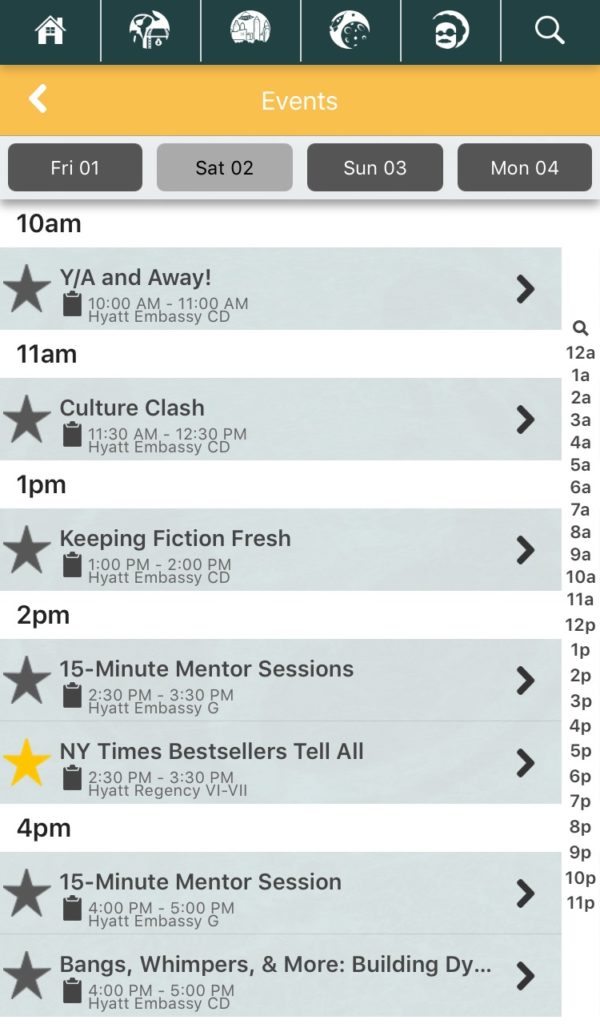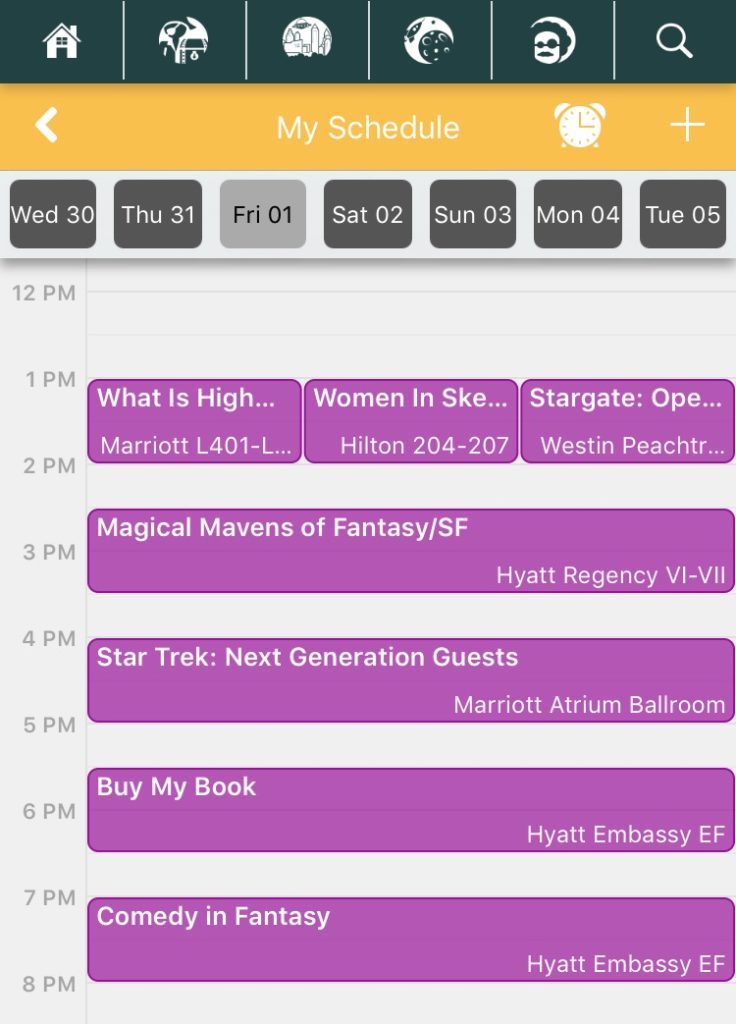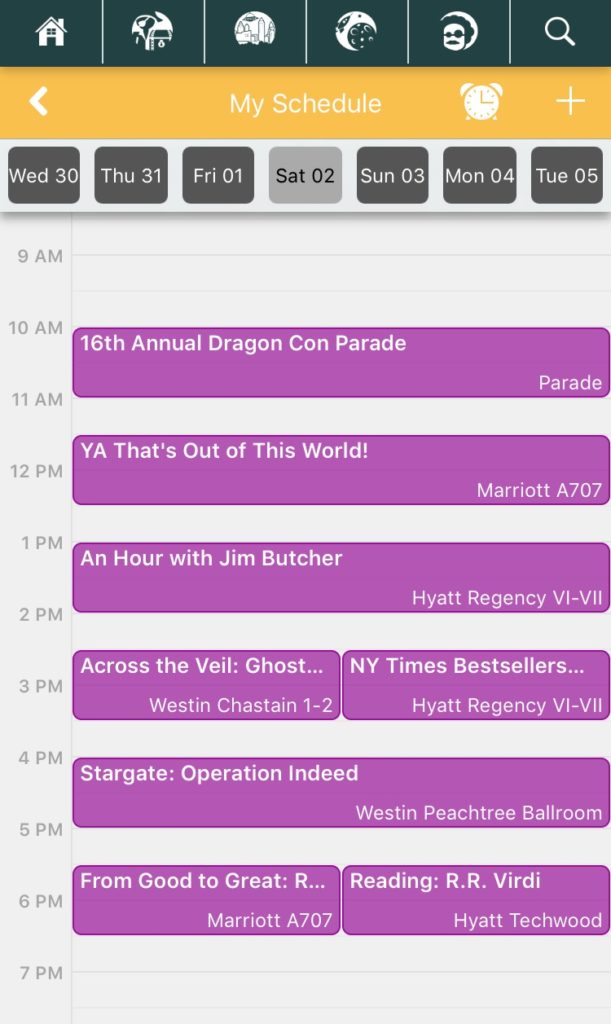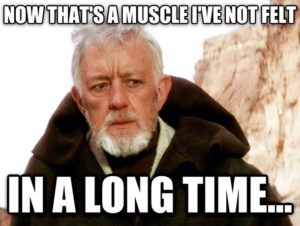It’s NaNoWriMo time.
As I said last month, I’m not really a NaNoWriMo participant. I do watch from the sidelines though. It’s interesting to watch writers push themselves to achieve word count goals. I do believe that the hardest part of writing is finishing a story, and anything that gets people to complete a project is probably a good thing.

But I do worry about people putting ridiculous amounts of pressure on themselves to complete a project. Creating an artificial pressure-packed environment can make writing a chore, and that can give writers a bad taste in their mouths which can lead to less motivation, not more.
So how do you keep writing fun when the pressure is on?
Honestly, that’s a very hard question to answer. Sometimes writing really can be a chore. And if you’re trying to make a living at it, then it’s a chore that you have to do, just as much as if you were a pastry chef getting up at 4am for the umpteenth time and dragging yourself into work.
Here are a few things that might take the drudgery out of your writing as you try to maintain that 1,500 words per day goal that will get you close to a NaNoWriMo success.
- Remove a significant character, and replace them with a completely different one. You don’t have to go all George R. R. Martin here, you don’t have to kill them. Maybe they just had to move away. Maybe your protagonist got into an argument with them, and they decided it was time to move on. Whatever the cause, this will force you to think about your characters’ personalities and give you a chance to explore how your protagonist deals with adversity.
- Introduce some weather into your narrative. I can’t even think of the number of books I’ve read where it apparently never even rains, much less storms. Let nature become an obstacle to your characters’ goals. This is a great opportunity to paint a memorable scene.
- It is apparently very difficult in a novel to get sick. Nobody ever seems to. I’ve read eight book series and the main characters never even get the sniffles. Your macho he-man hero type may be able to stare down a raging fire-breathing dragon, but how well does he handle a migraine?
- Throw a party. In real life people go to parties all the time. Unless a party is part of the plot, characters in novels never seem to be invited to do anything. I’m writing this the day after Halloween. Maybe your main characters get invited to a costume party. What would they dress as? What would that reveal about their personalities that might not come out otherwise?
These are all things that can reveal new and interesting things about your character, while giving you something interesting and new to write. That’s when your mind is open to new ideas, and when your story can take interesting twists and turns that you didn’t anticipate. And if you didn’t anticipate them, it’s a good bet that your readers won’t either.






